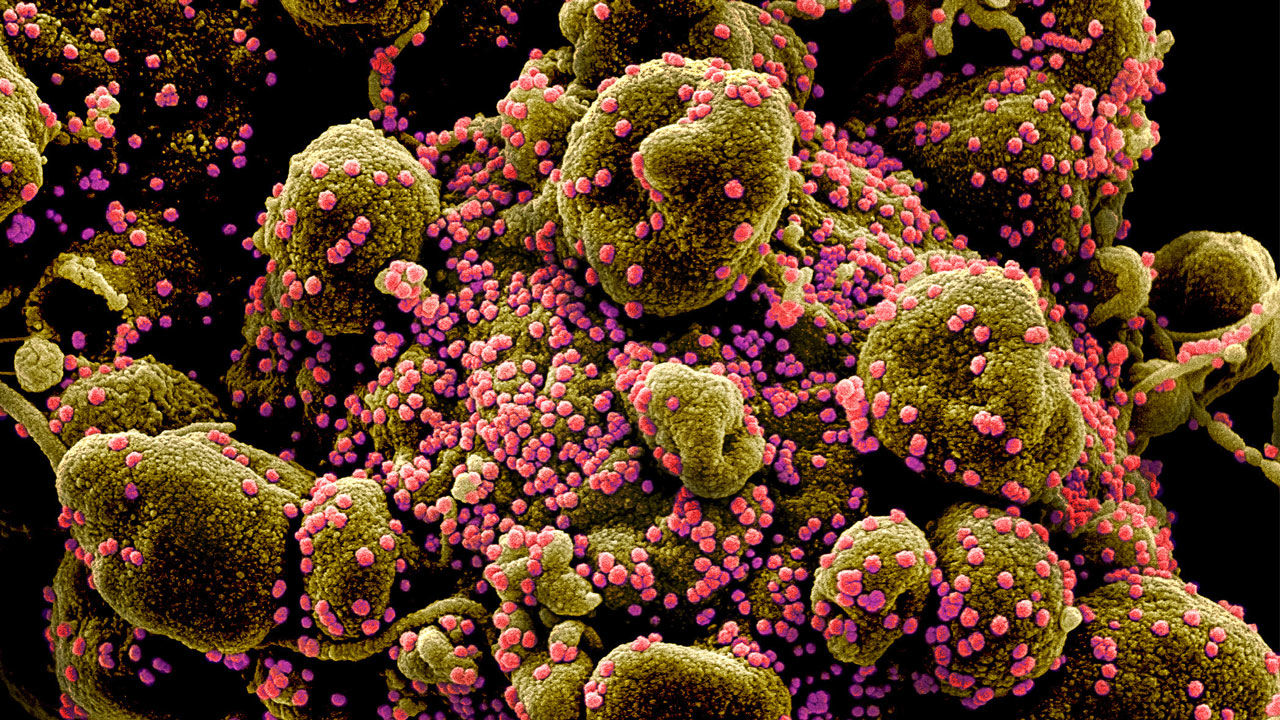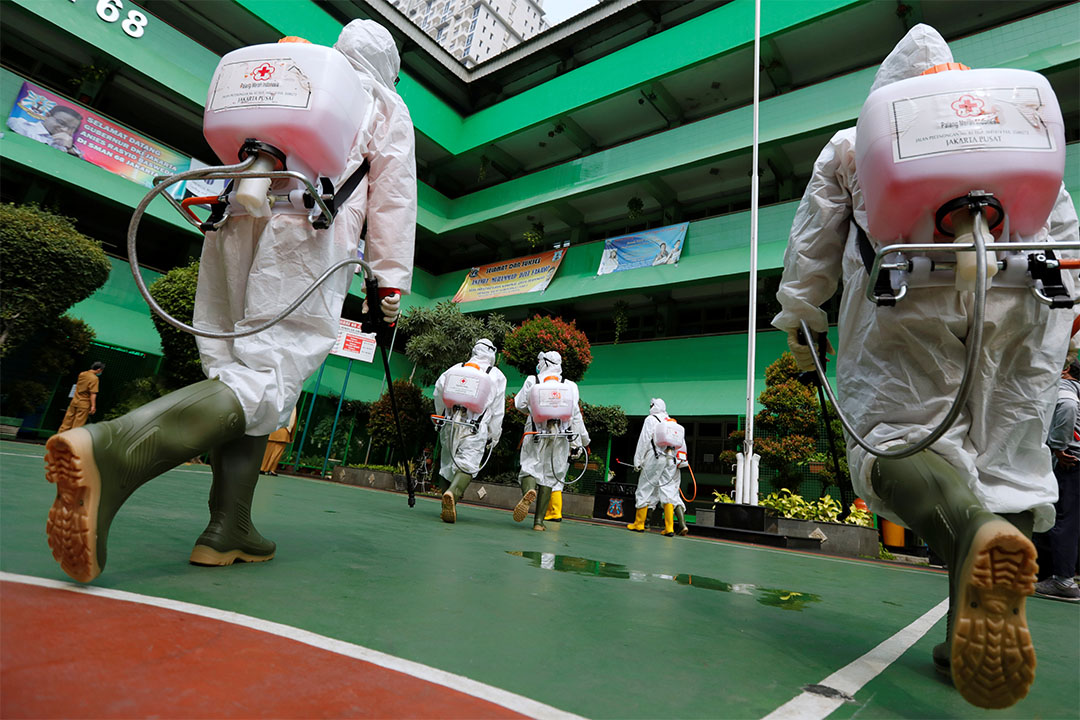
As desperately as the world wants a shot that provides protection from the new coronavirus afflicting one country after another, proving that a vaccine works safely can be painfully slow. Clinical trials start with small numbers of people and at first only look for side effects and immune responses, slowly building up to a large study that tests efficacy—a process that will take at least 1 year for the new virus. But as the scale of the pandemic becomes clearer, a provocative, ethically complicated proposal to shave many months off that timeline is gaining traction: Give people an experimental vaccine and then deliberately try to infect them.
Stanley Plotkin of the University of Pennsylvania, inventor of the current rubella vaccine and a leader in the vaccine field, says a carefully designed "human challenge" trial could offer clear proof of a vaccine's worth at blinding speed. "We're talking 2, 3 months," says Plotkin, who has co-authored a commentary, now being submitted for publication, that describes how this might be ethically done. "People who are faced with a terrifying problem like this one will opt for measures that are unusual. And we have to constantly rethink our biases." A similar proposal for coronavirus challenge studies was published online today in the Journal of Infectious Diseases.
Human challenge studies have been done for 2 centuries, and some continue today for influenza, dengue, cholera, and other infectious diseases. But as far back as the first vaccine in 1796, when Edward Jenner proved that giving cowpox to an 8-year-old boy protected him from injections with the deadly smallpox virus, the approach has raised concerns. Today, such trials have careful study designs and undergo extensive ethical reviews.
Yet even researchers who now conduct them argue against human challenges for the new coronavirus. Matthew Memoli, an immunologist at the U.S. National Institute of Allergy and Infectious Diseases who stages human challenge studies of influenza, notes that COVID-19 is so new it is not clear how often the virus makes people seriously ill or leaves them with long term complications. "Where you're going to give somebody a virus on purpose, you really want to understand the disease so that you know that what you're doing is a reasonable risk," Memoli says.
He also questions how quickly a proper human challenge of the new pathogen could be done. The challenge virus would first have to be grown under contamination-free, high-quality standards, and researchers would also have to determine the proper dosing of the challenge virus with, say, a monkey model, and confirm the dose in unvaccinated people.
Myron Levine, a vaccine researcher at the University of Maryland School of Medicine who has conducted challenge experiments for more than 40 years, doubts traditional clinical trials for COVID-19 vaccine candidates will be as slow as some fear. "I think we're going to move very, very fast," he says. Because of the high levels of new infections occurring in many places, conventional trials will reveal a vaccine's worth on the same timeline as a human challenge. "I cannot imagine that it would be ethical and would really speed up what we have to do."
Plotkin and other proponents of coronavirus challenge studies say risks could be reduced by only enrolling young adults—say, 18 to 30 years old—who the data so far suggest rarely suffer severe symptoms. To further reduce the risks, the challenge could use a coronavirus strain from a person who had mild symptoms, a natural virus weakened in the laboratory, or a labmade mimic with certain key genes, such as the surface "spike" protein, stitched into a different, harmless virus. These would not reveal whether the vaccine being challenged protected against symptomatic COVID-19, but researchers theoretically could determine whether it reduced the ability of the virus to copy itself and might also reveal which immune responses confer protection.
Levine and Memoli agree that the risks would become more acceptable if an effective drug for COVID-19 were available. And Seema Shah, a bioethicist at Northwestern University who also has strong misgivings, says the ethical scales might tip in favor of the experiment if the volunteers were people already "trained to take on these risks," like health care workers.
Shah would like to see a standing committee set up to address the ethics of challenge trials, especially during outbreaks, and spell out when they are justified. "The public is not familiar with these trials," Shah says. "They sound completely counterintuitive and opposed to the standard notion of what researchers or doctors are supposed to be doing."
She adds that given the urgency, the vaccine community would be wise to work out all the devilish details sooner rather than later. "We're all going through these complicated emotions right now," Shah says. "If we're going to say we're making an exception to the standard way we do things, then we really have to get that right."








